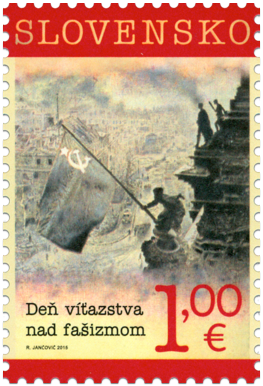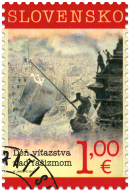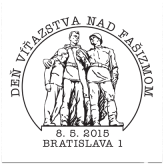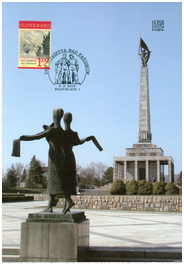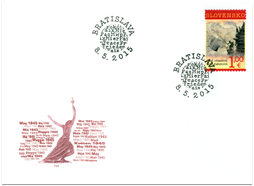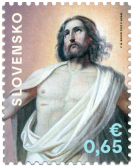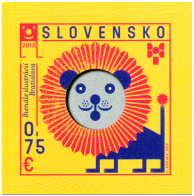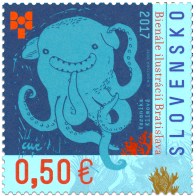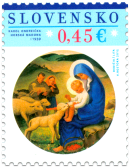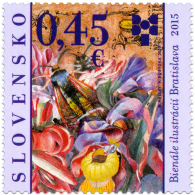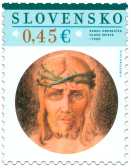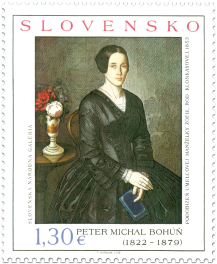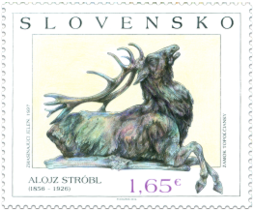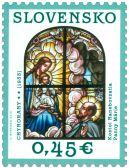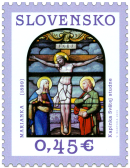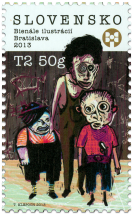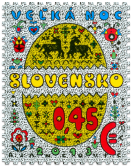589 Date of issue
08.05.2015 Face value
1.00 € Sell price
1.00 €
On 8 May 2015 we commemorate the 70th anniversary of the end of World War II in Europe. With the exception of Antarctica, this war which still remains the greatest conflict in the history of mankind to this day, affected all continents of the world. During less than the six years of its duration it claimed dozens of millions of lives, both from soldiers and civilians who bore the heaviest burden of suffering from its horrors. World War II differed from previous wars in several aspects. The number of people and the amount of material involved in this conflict were until then unimaginable. New types of weapons were used and new ways of leading the war were developed.
The causes of the outbreak of the war may be found in the form of the Versailles peace treaty, which served as the basis for the organisation of Europe after World War I. The Versailles humiliation of Germany, through great loss of its territory and the economic retribution, provided an incentive for radicalisation of the mood of the country, and the leader of the German Nazis, Adolf Hitler, fully availed himself of this. After he took over power in Germany in January 1933, Hitler consciously set about preparing the country for war conflict, which was provoked on 1 September 1939 by the offensive against Poland. Following this military action, the democratic powers (France and Great Britain), who had until then promoted the policy of appeasement in view of Germany’s territorial requests, declared war on Germany. On 17 September, the Soviet Union entered the war, on the side of Germany, on the basis of the Ribbentrop-Molotov Pact. However, having been assaulted by Germany in June 1941, the Soviet Union joined the Allies. The United States of America followed suit in December 1941.
A series of defeats, starting in 1943, triggered the breakdown of Germany’s front line. Gradually, it began to lose the vast conquered territories in the east, where during the occupation it had carried out a systematic genocide of nations – especially of the European Jews. After the Allies disembarked in Sicily in summer 1943 and in Normandy on 6 June 1944, Hitler’s Germany found itself in a precarious situation. The Nazi empire (now without its Führer, who had shot himself on 19 April 1945 sheltered in a bunker) finally capitulated in May 1945. The defeat of Nazism was symbolised by the raising of the Soviet flag on the Reichstag building (pictured on the postage stamp). The acceptance of the defeat was officiated by the signing of the surrender documents on 7 – 8 May 1945.
After 1945, 8 May became institutionalised as the national holiday in Slovakia, although the armies of the anti-Hitler coalition had liberated our territory before this date (Bratislava on 4 April, and the last villages, Makov and Klokočov, on 3 May). The liberation meant not only the freeing of Slovakia from the German occupational forces, which had been active here from the outbreak of the Slovak National Uprising, but, secondly also the end of the Slovak fascist regime, ruled between the years 1938 – 1945.
Anton Hruboň
© 2024 POFIS - Postal philatelic service. All rights reserved

